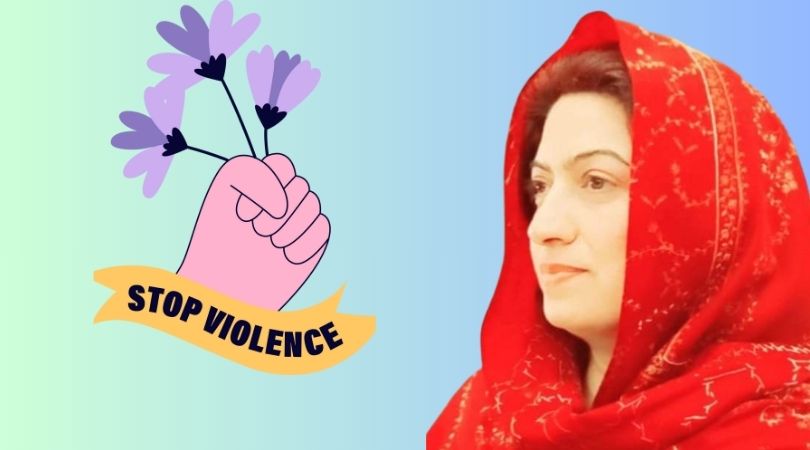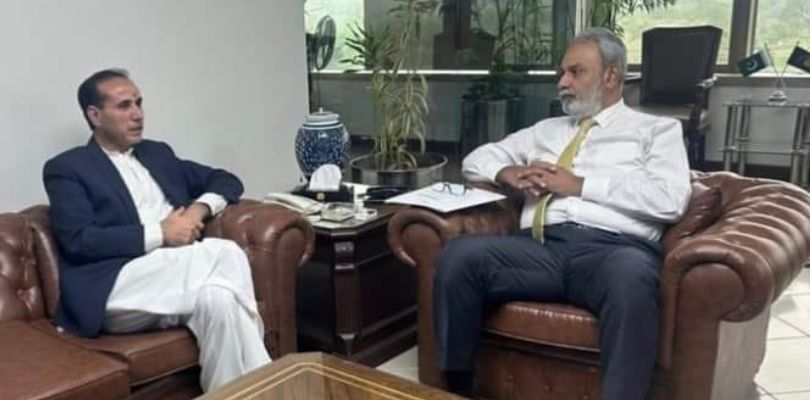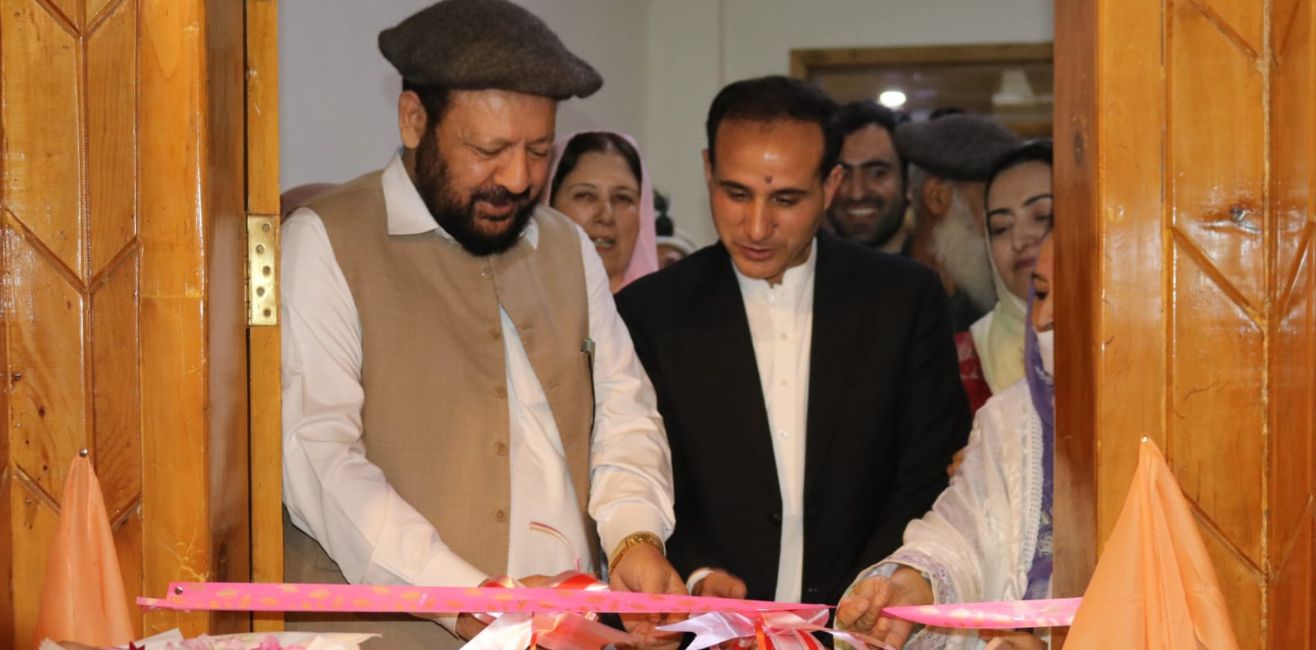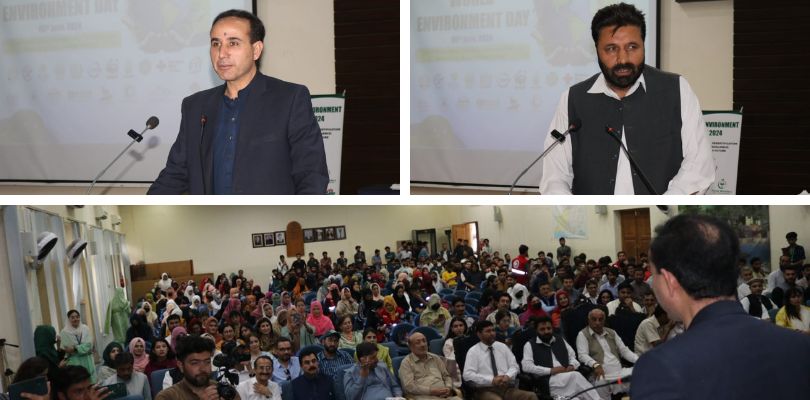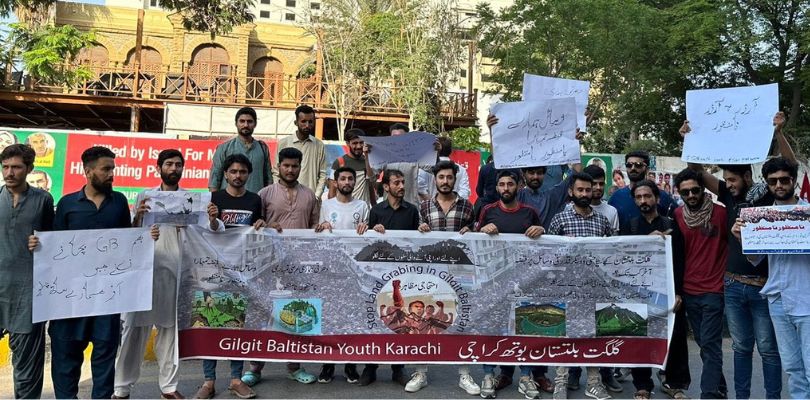By Sobia Muqadam
In many societies, the occurrence of violence stemming from the demonstration of religious animosity is an undeniable reality. Nonetheless, it is important to emphasize that no religion or religious sect that promotes violence in the name of faith. Within the teachings of every religious tradition, there is a strong emphasis on upholding high standards of human morality, with the goal of religious experience being moral purification.
Religion is in essence advocates goodness and acts as a harbinger of peace. However, throughout human history, acts of violence have been carried out in the name of religion. It is evident that followers of a single religious faith often divide into multiple factions, and as, evident in history, these divisions can escalate into violent conflicts. This phenomenon is called sectarianism, and it has the detrimental effect of creating rifts in society and sparking doubts about the nature of religion itself.
Religious harmony should be made part of the curriculum of religious seminaries where the acceptance and tolerance of more than one perspectives in religious thought should be taught.
Sobia Muqadam
A grand gathering of high-ranking religious leaders of all sects in Gilgit-Baltistan is imperative to prevent religious hatred from further spreading. It is important for the G-B government and state institutions to actively play its role in bringing these personalities together.
As an outcome of this grand gathering, a resolute message should be conveyed to the extremists and hatemongers that the state is prepared to employ its full authority to deal with their nefarious aims and actions. Simultaneously, the gathering should encourage the common masses to remain vigilant and engaged.
Responding to provocation with counter-provocation is not a solution. It rather results in an unending cycle of conflicts. The current situation in G-B do not reflect a sectarian clash between Sunnis and Shias. It is rather a sectarian engineering made by evil forces against the those possessing a moral integrity. It is a battle between individuals of virtue and those who act unjustly. Thankfully, the number of righteous people in G-B outnumber those having evil designs. Its my conviction that the virtuous will triumph over the malevolent forces.
There is need to convene such gatherings that could bring together religious and political leaders, as well as representatives from diverse sectors of society such as healthcare professionals, engineers, educators, contractors, labour unions, senior citizens, and various other associations if we are to move forward. The government has a significant role in doing this all thwart any propagation of hatred in the region.
It is also important to limit historical disagreements to academic forums where scholars can engage in thoughtful discussions, rather than permitting these disputes to infiltrate everyday conversations in streets and markets.
Sobia Muqadam
Disagreement in history should be limited as an academic activity. This should be discussed among the scholars and should not become a topic of street and bazaar. To ensure a secure atmosphere in Gilgit-Baltistan, it is imperative for the government to establish peace committees at both divisional and district levels while also forming a group of volunteers. It is also important to limit historical disagreements to academic forums where scholars can engage in thoughtful discussions, rather than permitting these disputes to infiltrate everyday conversations in streets and markets.
Religious harmony should be made part of the curriculum of religious seminaries where the acceptance and tolerance of more than one perspectives in religious thought should be taught. The young minds need to be taught that presence of more than one opinion in jurisprudential issues is natural phenomenon. Likewise, robust initiatives in the media should be initiated to emphasize the role of religion in promoting the moral development of individuals as its central theme.
The elimination of religious hatred cannot be achieved until both the government and society acknowledge their responsibility in this regard. If citizens violate legal boundaries, it is the duty of the state to quell any unrest by enforcing the law.










